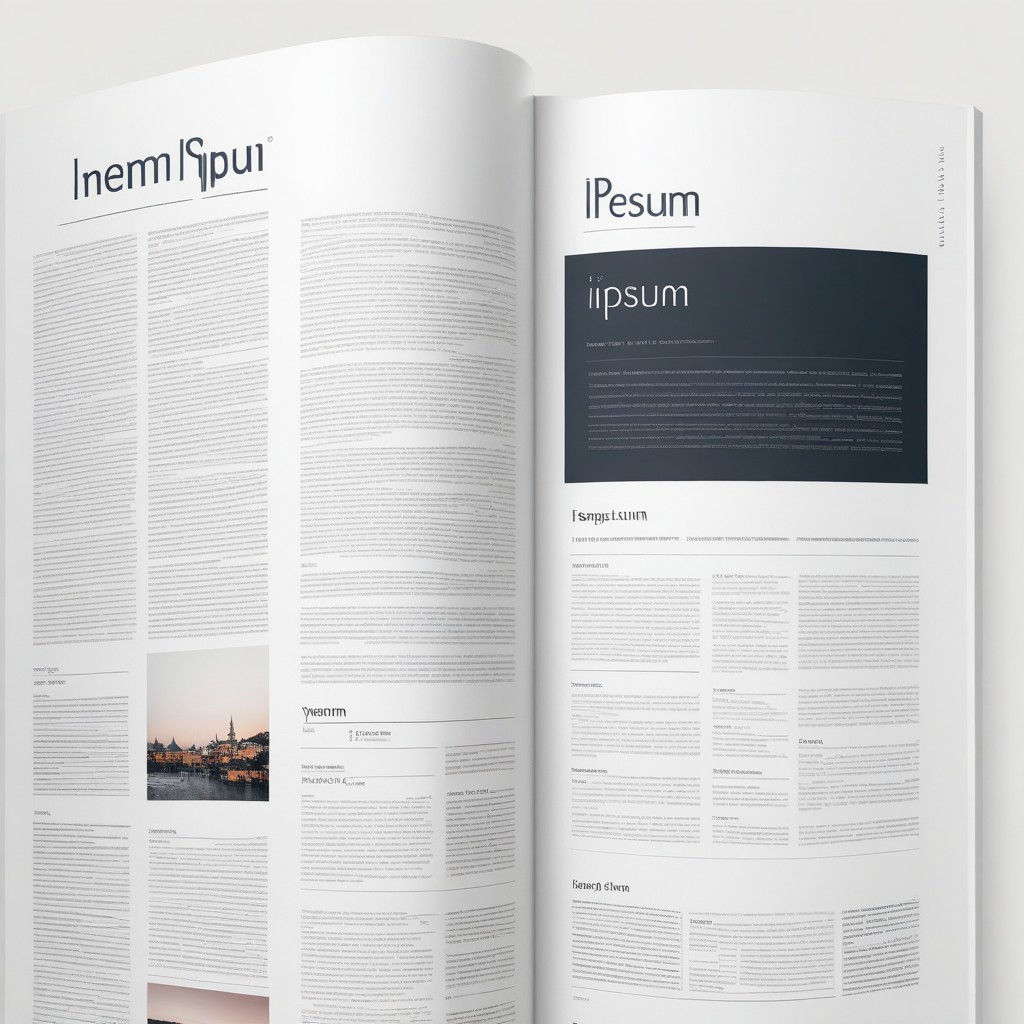
URL Decode
Use our online URL decode tool to decode encoded URLs fast. Convert special characters back to readable text.
Decoding URLs: A Step-by-Step Guide Using an Online Tool
URLs (Uniform Resource Locators) are essential for navigating the web, directing browsers to specific pages, files, or other online resources. Often, these URLs are encoded for compatibility and safety reasons, leading to a mixture of alphanumeric characters and special symbols. URL encoding ensures that data is transmitted correctly across the internet, but it can make URLs difficult to read or analyze. Decoding these URLs is crucial for understanding their content and structure. An online tool like "URL Decode" can simplify this process. This guide will walk you through using the tool to decode URLs efficiently.
Visit the online tool "URL Decode" by navigating to URL Decode. The interface is designed for ease of use, with straightforward steps for decoding your URLs.
How to Decode a URL Using URL Decode
Step 1: Enter the URL
Once on the URL Decode webpage, you'll notice a text box prominently displayed. This is where you will input the URL you wish to decode. The text box accepts both partial and full URLs, making it versatile for different use cases.
- Example URL:
https://example.com/search?query=%E2%9C%93
This encoded URL contains the query %E2%9C%93, which represents a special character. You can paste or type the entire URL or just the portion you need to decode into the text box.
Step 2: Press the 'Decode' Button
After entering your URL into the text box, locate the "Decode" button situated just below or beside the input field. Click this button to initiate the decoding process.
The tool processes the encoded characters and translates them into their original, human-readable form. The decoding process is instantaneous, providing results without delay.
Results: Understanding Your Decoded URL
Once the decoding process is complete, the tool will display the decoded version of the URL. Here’s what you can expect to see:
- Decoded URL:
https://example.com/search?query=✓
In the example provided, %E2%9C%93 has been converted to ✓, the check mark symbol. The entire URL is now readable and more understandable. This can be particularly helpful when analyzing URLs for SEO, debugging, or when integrating with other web services that require clear, decoded URLs.
Additional Insights
- URL Components: Decoding helps you clearly identify different parts of the URL, such as parameters and their values, which can be critical for troubleshooting or optimizing links.
- Special Characters: Encoded characters often represent symbols or reserved characters in URLs, such as spaces (
%20), ampersands (%26), or slashes (%2F). Decoding converts these back to their standard form, improving readability and usability. - Practical Applications: Decoded URLs are useful for developers debugging web applications, marketers analyzing campaign links, or anyone needing a clear view of URL structures.
By using the "URL Decode" tool, you simplify the process of converting encoded URLs into a format that's easy to read and understand. This tool is invaluable for anyone dealing with encoded URLs regularly, offering a quick and reliable solution for decoding.
For further convenience, keep the URL Decode tool bookmarked for easy access whenever you encounter encoded URLs in your work.









